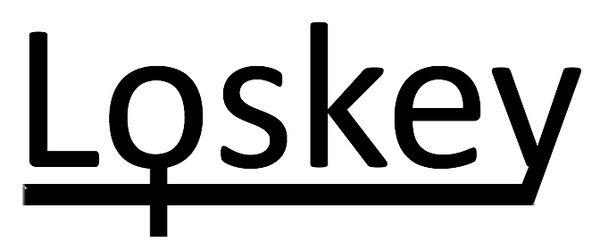Meet Sonica

Sonica's father’s manufacturing company, Megavickwear, was already engaged in social and technical compliances to clean up the apparel supply chain in the early 2000s, but she wanted to use her experience and training to have more, far-reaching positive social impact — to reach deeper into the supply chain. Specifically, Sonica set out to find ways to engage vulnerable artisan communities on the poverty line and to integrate organic and environmentally friendly inputs into mainstream production.
She also set up #Projecthrive, a sewing centre for women based amidst the slum clusters surrounding the industrial area in New Delhi. These women have daunting lives. Often they are married off in their teens, not allowed to leave home to study or work due to safety issues, nor given jobs or the opportunity to learn employable skills. She trains the women from these slums in sewing, cutting, quality control and packing. The ultimate goal is to empower these women to have a say in their own lives, and the lives of their families. Economic empowerment brings with it respect at home and the right to exercise their voice.
'Good design is not how something looks, but how something is made. As makers, it is our responsibility to create products that have a net-positive impact on people and the environment. As human beings, we are not separate from the people who make the products we wear or the environmental resources that are used to make them. It is our moral responsibility to make informed decisions in our businesses at every step: what materials we use, where we source our products, whose stories we tell and how we tell them. They each have a far-reaching impact that is resulting in the positive changes we are seeing in the fashion industry today.'
You can get to know Sonica better by visiting Sonica Sarna Design.
 Facebook
Facebook Twitter
Twitter Instagram
Instagram
